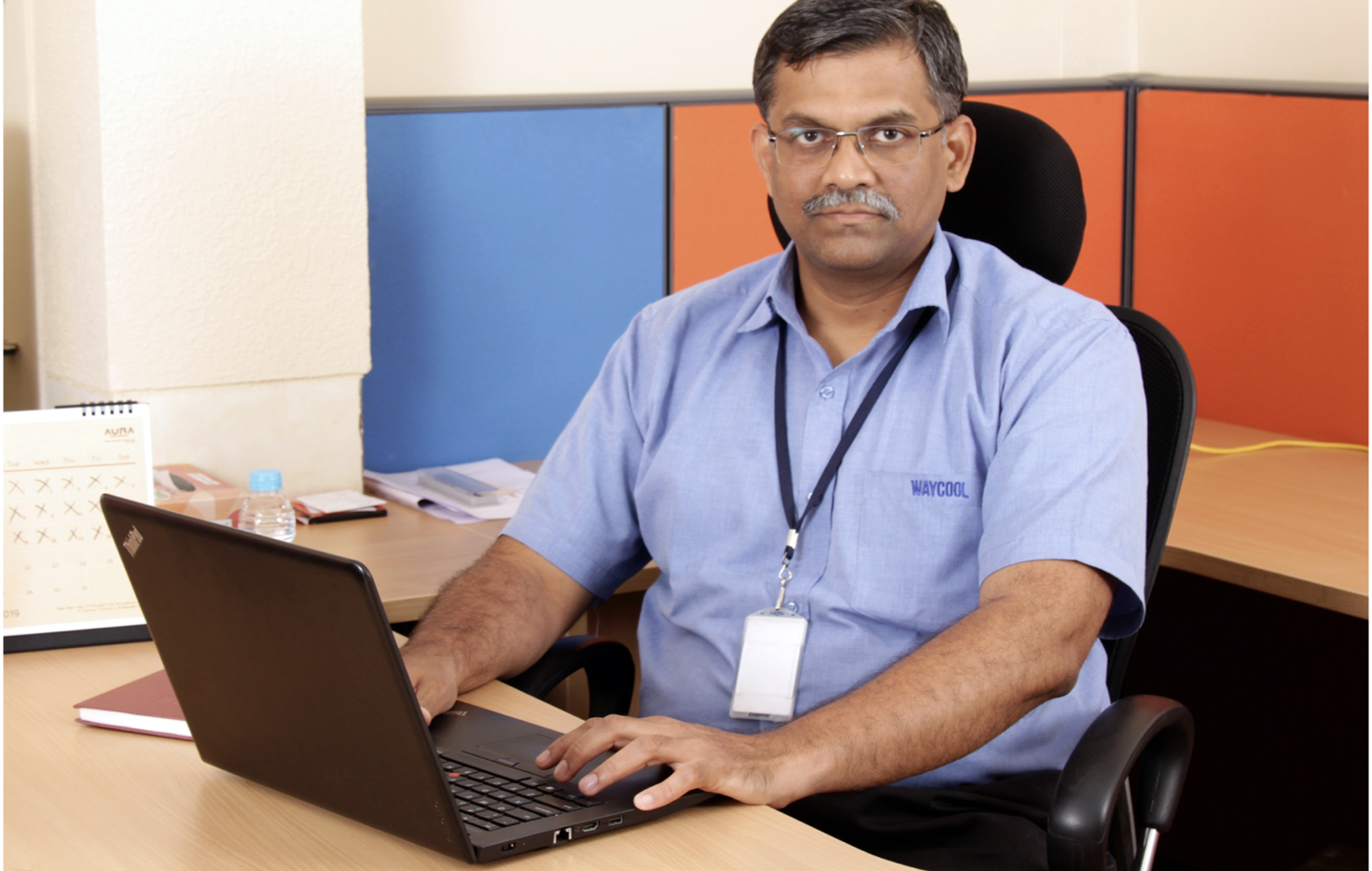

India is the second largest food producing nation in the world and yet houses a quarter of the worlds under nourished. For developed nations, food loss occurs due to high quality standards at both the consumption and farm levels. However, developing nations see massive food losses in supply chain due to poor infrastructure. With increased production comes more proportional increase in losses. 28% of the food that is produced gets wasted before it reaches our plates and that number goes up to 52% for perishables.
WayCool’s tech enabled food distribution network and effective sourcing reduces this food wastage. With the ability to process over 250 tonnes of product per day with less than 1% food wastage, they have built a network of 35,000 farmers. The end to end supply chain capability to optimize logistics, track fulfilment rates and share live dashboards builds a transparent and efficient supply chain. The success of their model depends on their ability to work closely with the farmers enabling them to reduce cost, increase yield and revenue thereby increasing farmer livelihood.
We look forward to working with them and building a long term sustainable business.
________________________________________________
“We are committed to building a lean, efficient and profitable enterprise that makes that makes social impact an integral part of its operations” said Karthik Jayaraman, CEO and Co-founder.
________________________________________________

"To deliver impact and build a sustainable business, we need to go beyond just buying from farmers by partnering with them in the farming process".